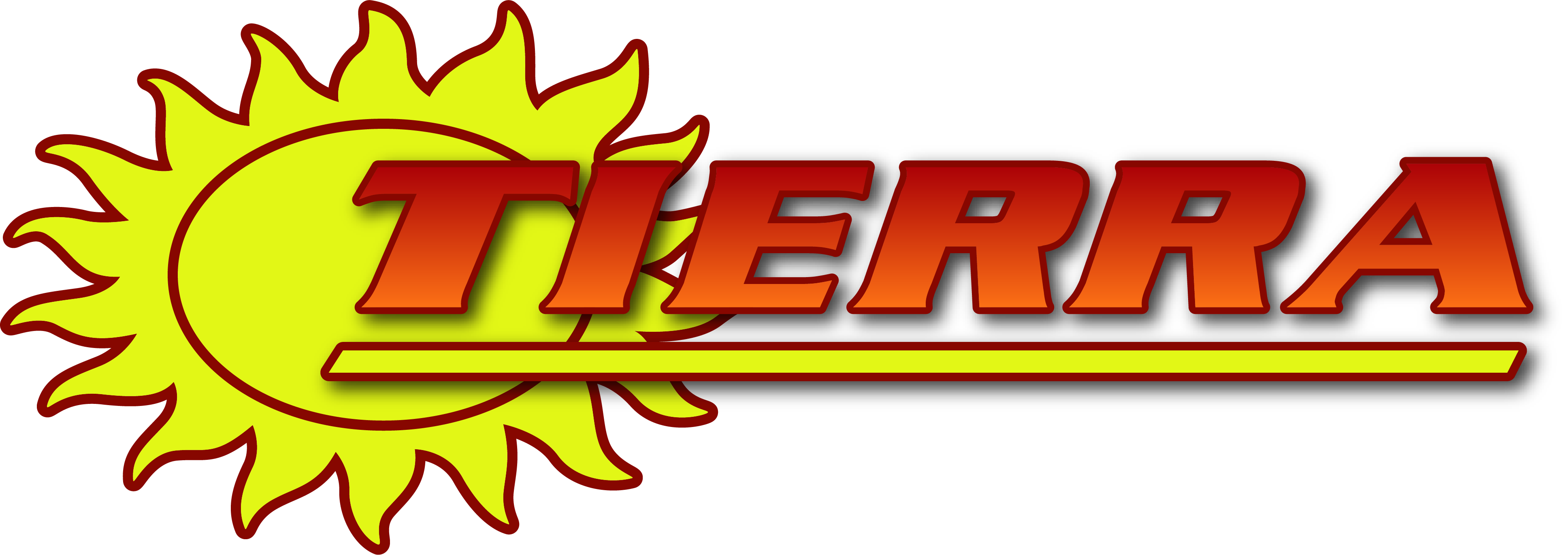Grease trap cleaning
Professional Grease Trap Cleaning Services | Tierra Environmental
Keeping Commercial Kitchens Compliant and Operational for Over Two Decades
Tierra Environmental Services provides professional grease trap cleaning throughout Indiana and the surrounding Midwest region, helping restaurants, commercial kitchens, and food service establishments maintain clean, compliant, and efficiently operating grease management systems. Our certified technicians specialize in thorough grease trap cleaning that removes accumulated fats, oils, and grease (FOG) while preventing costly backups, foul odors, and regulatory violations. With our reliable grease trap maintenance solutions, business owners can focus on their operations while we handle the essential but often overlooked task of proper grease trap care.
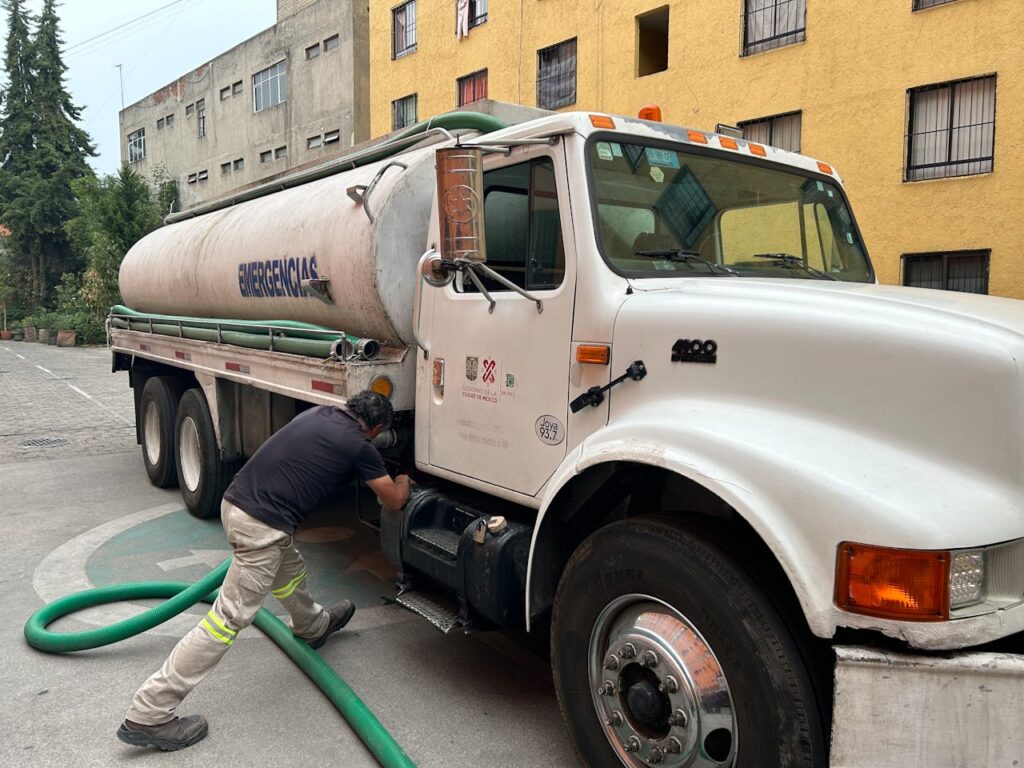
Trust Tierra Environmental for All Your Cleaning Needs
Our dedicated team is ready to assist you with tailored solutions that meet your specific requirements. Reach out now for a consultation and let us help you maintain a clean, safe, and compliant facility!
Proven Expertise and Experience
Comprehensive and Versatile Services
Expansive Midwest Presence with National Capabilities
Don’t let neglect lead to costly repairs or compliance issues. Contact Tierra Environmental today to discuss your industrial cleaning needs and discover how our comprehensive services can enhance your operational efficiency and environmental compliance.
Send us a message
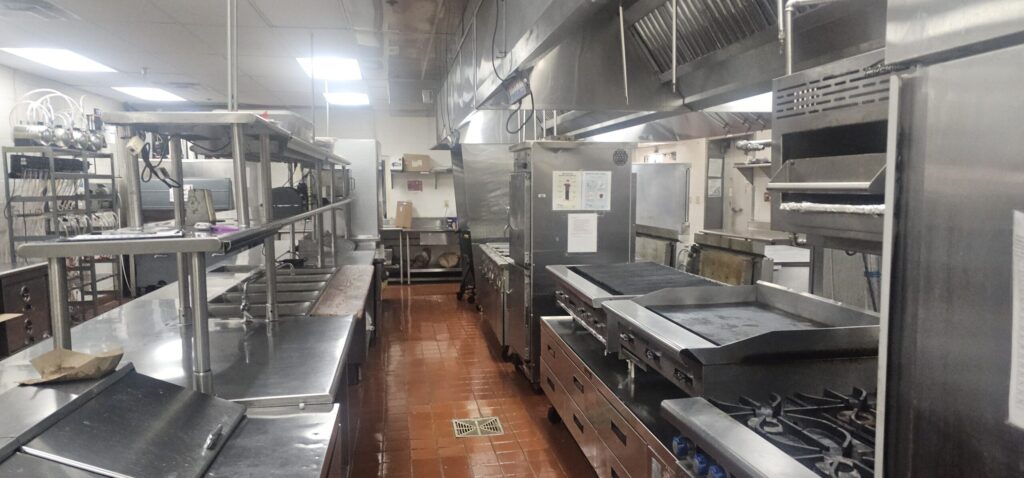
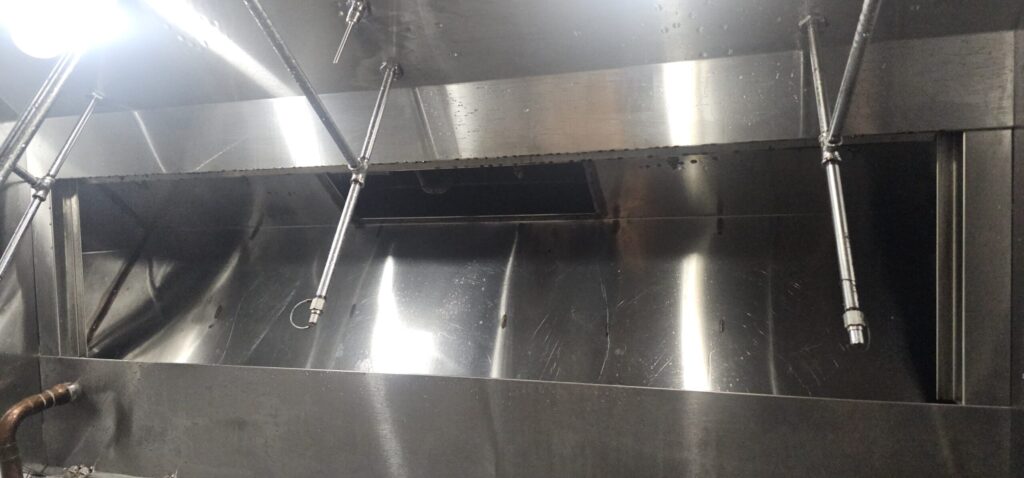
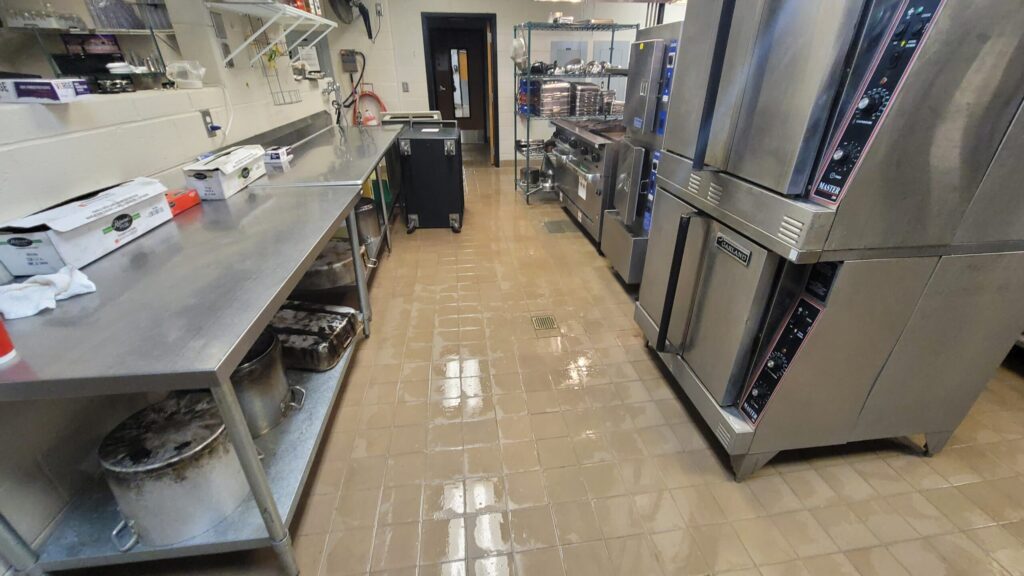
Why Professional Grease Trap Cleaning
Is Required for Your Business
Our Grease Trap Cleaning Services Include:
Complete Grease Trap Pumping and Waste Removal
High-Pressure Cleaning and Sanitization
Trap Component Inspection and Maintenance
FOG Level Monitoring and Compliance Documentation
Emergency Response and Backup Prevention
Trust Tierra Environmental for All Your Cleaning Needs
Benefits of Professional Grease Trap Cleaning
Prevents Costly Sewer Backups and Plumbing Problems
Maintains Health Department Compliance
Eliminates Offensive Odors and Improves Customer Experience
Protects Equipment and Extends System Life
Environmental Protection and Community Responsibility
Trust Tierra Environmental for All Your Cleaning Needs
Understanding Grease Trap Function and Maintenance Needs
How Grease Traps Work to Protect Sewer Systems
Factors That Affect Cleaning Frequency Requirements
Signs Your Grease Trap Needs Immediate Attention
Trust Tierra Environmental for All Your Cleaning Needs
Regulatory Requirements for Commercial Grease Trap Maintenance
Local Health Department Regulations
Environmental Protection Requirements
Insurance and Liability Considerations
Choosing Professional Grease Trap Cleaning Services
Certified Technicians with Environmental Expertise
Proper Equipment and Waste Disposal Capabilities
Flexible Scheduling and Emergency Response



Grease Trap Cleaning Process and Service Standards
Comprehensive Pre-Service Assessment
Complete Pumping and Waste Removal
Thorough Cleaning and Sanitization
Final Inspection and Documentation
Preventive Maintenance Between Professional Cleanings
Daily Kitchen Practices That Reduce Grease Accumulation
Weekly Monitoring and Basic Maintenance
Proper Waste Oil Disposal and Grease Management
Trust Tierra Environmental for Reliable Grease Trap Cleaning
Trust Tierra Environmental for All Your Cleaning Needs
Frequently Asked Questions
How often should commercial grease traps be professionally cleaned?
- High-volume restaurants: Monthly cleaning required
- Medium-volume establishments: Every 6-8 weeks is typically sufficient
- Lower-volume operations: Quarterly cleaning may maintain compliance
- Heavy frying operations: More frequent service needed
- Local regulations: Some jurisdictions mandate specific schedules
What happens if grease traps are not cleaned regularly?
- Sewer backups and property damage from overflowing traps
- Health code violations that can force immediate business closure
- Offensive odors from anaerobic bacterial growth
- Equipment damage from grease backups into kitchen systems
- Environmental violations with significant fines and penalties
- Insurance claim denials for inadequate maintenance
Can kitchen staff clean grease traps instead of hiring professionals?
- Specialized vacuum equipment to remove all waste, including settled solids
- Proper waste disposal at licensed facilities with environmental compliance
- Safety certifications for confined space entry and hazmat handling
- Regulatory knowledge of local codes and documentation requirements
What documentation do you provide after grease trap cleaning?
- Service reports with before-and-after FOG measurements and waste volumes
- Compliance verification is suitable for health department inspections
- Photographic documentation of trap condition and cleaning results
- Waste disposal certificates confirming proper environmental handling
- Maintenance recommendations for optimal system performance
Do you offer emergency grease trap cleaning services?
- Grease trap overflows, causing sewage backups
- Failed health inspections requiring immediate correction
- Equipment malfunctions are preventing normal operations
- Offensive odors threaten customer relations
How do you determine the right cleaning schedule for each business?
- Kitchen volume and peak service periods
- Cooking methods (frying generates more grease)
- Menu types (heavy sauces and fried foods increase waste)
- Trap size relative to actual waste generation
- Local regulations and specific jurisdiction requirements
What safety measures do you follow during grease trap cleaning?
- Certified technicians with OSHA 10, OSHA 30, and HAZMAT certifications
- Specialized equipment, including gas monitors, ventilation systems, and protective gear
- Site safety measures with proper barriers, signage, and coordination with facility management
- Environmental protection procedures for spill prevention and proper chemical handling
How much does professional grease trap cleaning cost?
Pricing Factors:
- Trap size and capacity: Larger traps require more time and disposal costs
- Waste volume: The Amount of accumulated grease and solids affects service time
- Location and accessibility: Difficult access may require additional labor
- Service frequency: Regular customers receive preferred pricing
- Emergency vs. scheduled: Emergency services carry premium rates
- Additional services: Repairs, inspections, or specialized cleaning add to the base cost
Value Considerations:
- Professional cleaning prevents expensive emergency repairs
- Regular service maintains regulatory compliance and avoids fines
- Proper disposal eliminates environmental liability exposure
- Documentation supports insurance requirements and potential discounts
Cost Benefits:
- Emergency repairs can cost significantly more than preventive cleaning
- Health code violations and closures result in thousands in lost revenue
- Environmental penalties can reach substantial amounts
- Professional service costs less than attempting inadequate DIY cleaning
Can you help with grease trap repairs and maintenance issues?
- Problem identification during routine inspections
- Repair coordination through our network of qualified contractors
- Preventive maintenance for seals, baffles, and access covers
- Compliance support for permits and regulatory requirements


